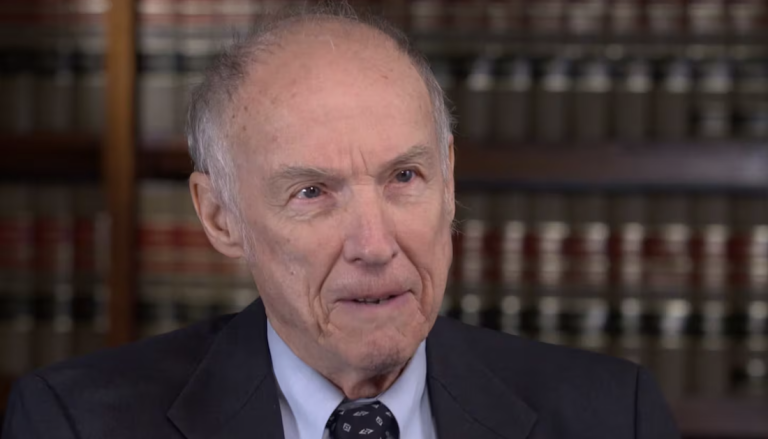
Blistering Warning to Trump Administration Over Defiance in Deportation Case
New York, N.Y. — A federal appeals court judge has delivered a stern warning to the Trump administration, accusing officials of defying court orders and threatening the foundations of American democracy.
The controversy centers on the deportation of Kilmar Abrego Garcia, a Maryland resident and father of three, who was removed to El Salvador despite a 2019 court order barring his deportation due to fears of persecution.
Garcia, who fled political violence in El Salvador in 2011, was deported in March 2025 alongside others the Trump administration claimed were gang members. His attorneys maintain he has no criminal record and is not affiliated with MS-13. The administration has acknowledged Garcia’s deportation was an “administrative error” but has refused to facilitate his return, arguing his alleged gang ties make him ineligible to re-enter the U.S.
Judicial Response and Warnings
The judiciary’s response has been swift and unusually forceful. Judge J. Harvie Wilkinson III, a conservative Reagan appointee on the Fourth Circuit Court of Appeals, issued a blistering order warning that the administration’s refusal to comply with court directives could undermine the constitutional order. Wilkinson wrote, “If today the Executive claims the right to deport without due process and in disregard of court orders, what assurance will there be tomorrow that it will not deport American citizens and then disclaim responsibility to bring them home?”
CNN’s Katelyn Polantz characterized the ruling as “the starkest warning” ever seen from a federal appellate court toward the executive branch. She emphasized that the court viewed the administration’s inaction as a sign of “the crumbling of American democracy,” underscoring the gravity of the situation.
Broader Judicial Scrutiny
This case is not isolated. Multiple federal judges have recently scrutinized the Trump administration for allegedly ignoring court orders in deportation and other policy matters. Judge James E. Boasberg in Washington, D.C., for example, threatened contempt proceedings over the administration’s deportation flights, stating, “The Constitution does not tolerate willful disobedience of judicial orders — especially by officials of a coordinate branch who have sworn an oath to uphold it.”
These rulings reflect a broader judicial concern that the administration’s actions are testing the limits of executive power and the delicate balance between the branches of government.
Implications for Rule of Law and Democracy
The judiciary’s unusually direct language signals alarm about the potential erosion of democratic norms. Judge Wilkinson’s warning, echoed by other federal judges, raises the specter that executive defiance of court orders could set dangerous precedents, not only for non-citizens but for American citizens as well.
The courts have made clear that the administration’s obligation is not merely to enforce immigration laws, but to do so within the bounds of the Constitution and judicial oversight. As Judge Wilkinson cautioned, failing to respect these boundaries risks transforming discretionary executive powers into tools of political retribution.
The federal judiciary’s pointed rebuke of the Trump administration in the Abrego Garcia case marks a critical moment in the ongoing struggle over the rule of law and separation of powers. As the courts continue to assert their authority, the outcome of this dispute may have lasting implications for American democracy and the limits of presidential power.